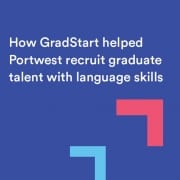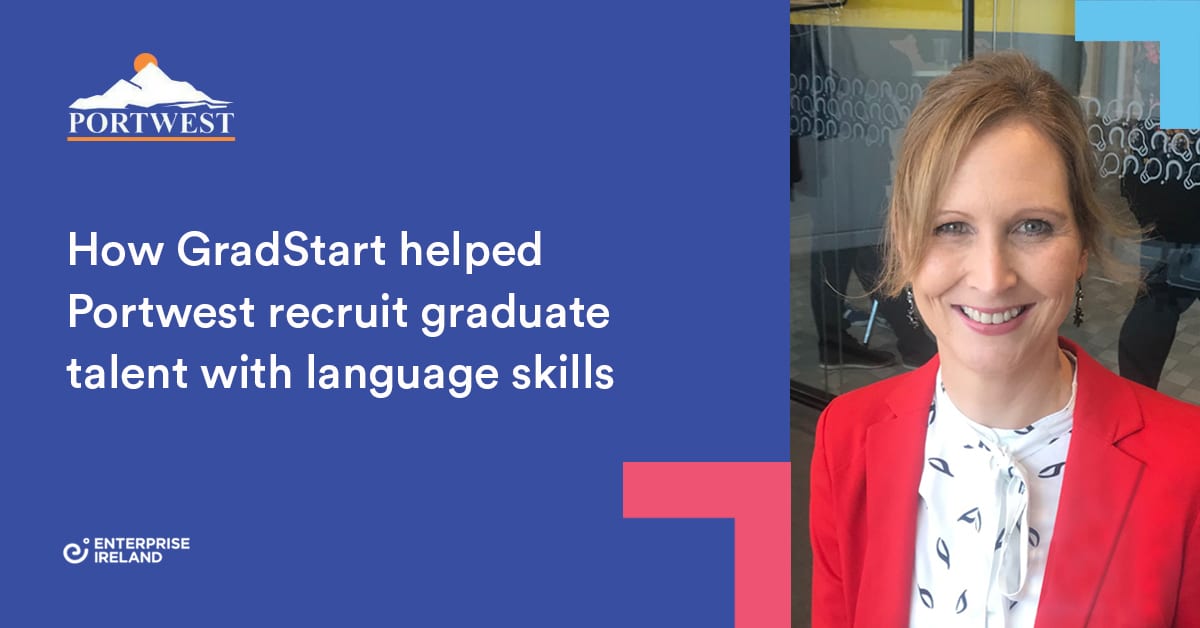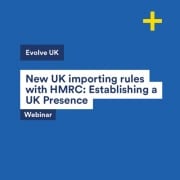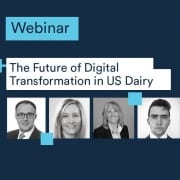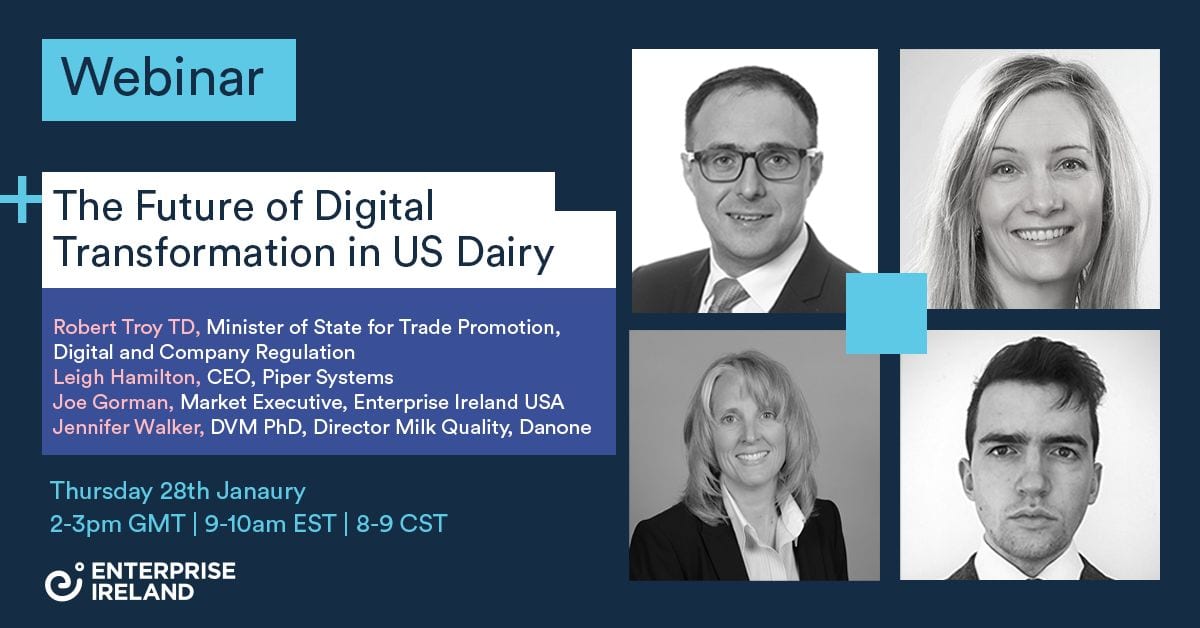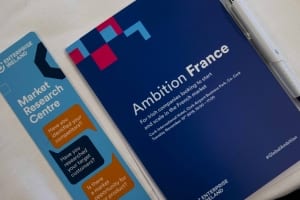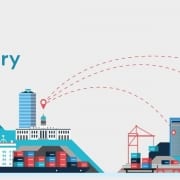Talent is one of the business world’s most valuable resources. The ability to attract, recruit and retain, ambitious, highly skilled employees is a must for every Irish company aiming for success in exporting markets.
Irish companies with the ambition to grow exports, will benefit from developing a competitive edge to attract the motivated and highly skilled talent they need. Enterprise Ireland’s GradStart offers just that. In addition to financial support, GradStart provides invaluable guidance on how to attract, retain and build long-term relationships with graduates.
Here are five ways GradStart can help you.
1. Know your strengths
Competing for top talent can be difficult for SMEs, due to competition for skills in the marketplace. In some cases, smaller businesses can also lack a dedicated department to focus on skills attraction and promoting the company brand. However, it’s important for Irish companies to develop a talent attraction strategy and articulate the strengths that make them attractive employers for many graduates.
Helen McMahon, senior executive for Client Skills with Enterprise Ireland, comments:
“There’s something really exciting about working for an SME. Employees have access to more business areas than they might in large multinationals, where roles are often strictly defined. Graduates get the opportunity to work with senior management teams, have more exposure to a range of processes and systems, and the potential for more responsibility at an earlier stage in their career development. Above all, there’s a chance to really make a difference in a smaller company.”
Accessing GradStart helps companies to gain confidence and expertise in these benefits in order to market them to the highly skilled people that can help their business to reach the next level.
2. Define the role
Be clear about the skills your company needs and remember that it should include both hard and soft skills. Hard skills include technical expertise and knowledge of a particular system or a way of working. Soft skills, such as the ability to build relationships; work as part of a team, manage people effectively, and creative problem solving, are just as important.
Helen explains: “To apply for GradStart, a company needs to have defined a specific role for a graduate, and there must be an underlying business case for the role.”
For example, a company may want to attract a graduate with specific skills attached to a particular project. Not only must the company be clear in their GradStart application about why those skills are needed, but it should also be clear on the importance of the project to the company’s overall development and export growth. Clarity on the job role and project will make your company more attractive to discerning potential employees.
3. Build a career path
Bright ambitious candidates are interested in more than salary and perks. Particularly at the outset of their career, good candidates want to know that a job will enable them to develop their skills and expertise.
Helen adds: “It’s vital to show graduates that you are thinking of their career path as much as they are. You’re looking to build a long-term relationship and you need to show them that you are committed to helping them grow and develop.”
Investing in a good employee’s development is one of the best ways of ensuring they stay with your company. Research indicates one common reason people leave companies is that they feel they have stopped learning and developing. Very often, they go in search of new challenges, rather than more money.
As part of the GradStart programme, you are required to plan a career path for your potential recruit, the focus on which can also be attractive to potential candidates.
4. Think long term
If a graduate employee eventually leaves your company, it is often wise to maintain a strong relationship with them. Opportunities to collaborate may appear later, or a role that suits them perfectly may be created within your company in the future. A strong relationship with previous graduate employees can also be an on-going source of valuable industry intelligence.
Helen comments: “When you’re recruiting a graduate, you aren’t just selling the idea of joining your company, you’re selling the idea of becoming part of an industry or sector. You want them to feel that this is an exciting industry with lots of opportunities. Even if they do someday move on from your company, it can be very beneficial if they stay within your industry.”
5. Use recruitment tools
As part of GradStart, you will be supported through the graduate recruitment process. You will be encouraged to advertise your new position on Enterprise Ireland’s dedicated website for graduate offers and initiatives – gradhub.ie. This site is directly linked to GradIreland, which has access to 80,000 graduates approximately. You can, of course, source a graduate yourself. It is important to remember that, to qualify for GradStart, the employee can’t have previously worked with the company or be working there currently.
What does GradStart offer?
GradStart provides financial support for a company to recruit up to three graduates for a duration of two years each. The support covers 50% of a graduate’s yearly salary, up to a maximum of €15,000 a year in grant aid (ie a salary of €30,000) for two years.
For graduates with proficiency in a language relevant to the business role, the grant increases to 70% of the salary, up to a maximum of €21,000 a year for two years.
It is available for Irish graduates or for overseas graduates, based either in Ireland or overseas. The graduate must be paid by an Irish company to access GradStart funding.
Get the support you need to step into new markets. Check your company’s eligibility on this link below.
Apply for GradStart now.




 The UK has always been and remains Irelands largest single trading partner with a wealth of opportunities for Irish companies.
The UK has always been and remains Irelands largest single trading partner with a wealth of opportunities for Irish companies.